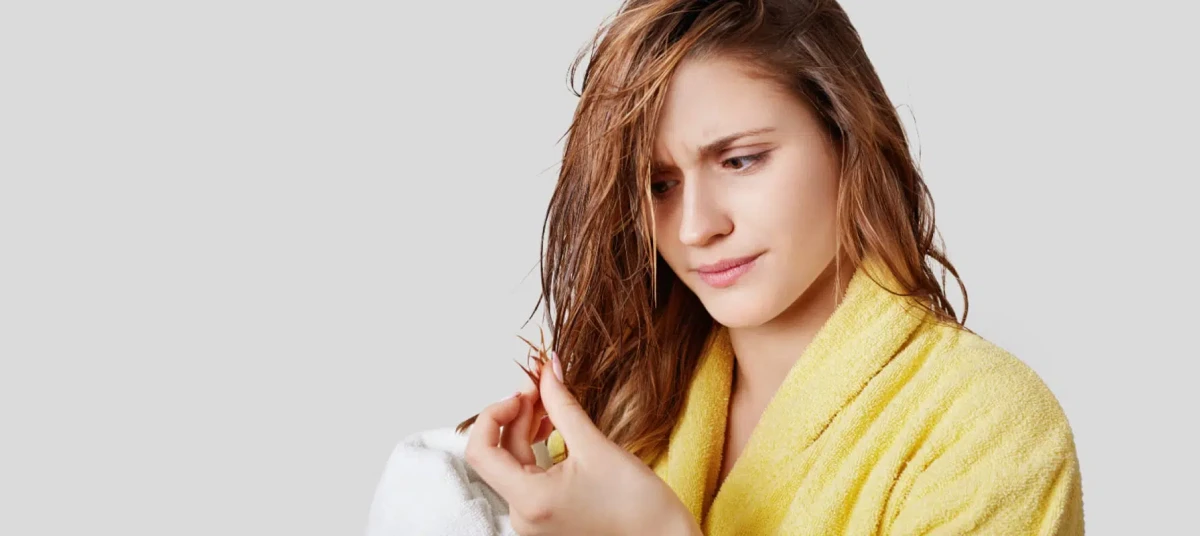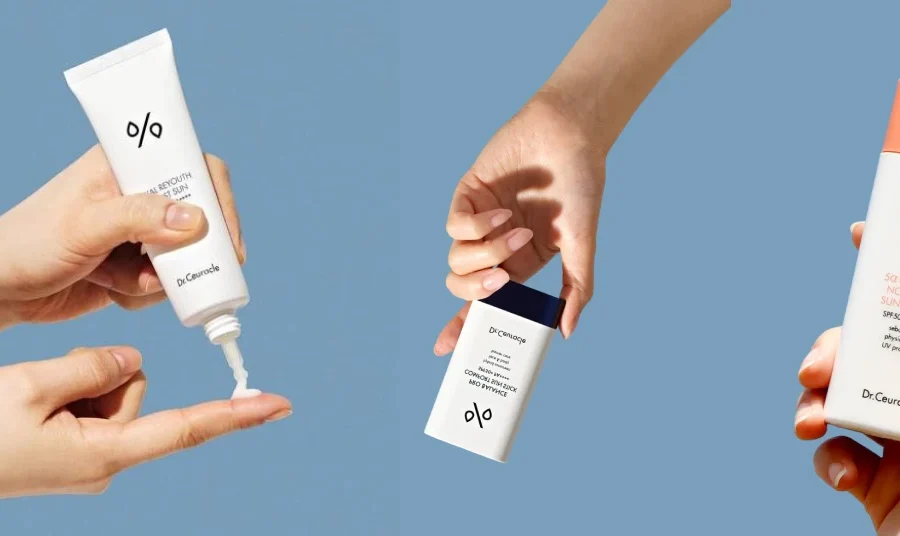How does hard water affect hair health, and how can you help it? Preserve the health, beauty, and color of your locks!

Hard Water: How to Protect Your Hair
Are all the bottles, plumbing, and accessories in your bathroom covered with a terrible white deposit? Does shampoo and shower gel not lather as well as expected? Does your hair and skin dry out quickly after bathing? And most importantly, no matter how carefully you choose your care products, does your hair still look dull, dry, and lackluster?
Congratulations, you are already familiar with the benefits of hard water.
Yes, unfortunately, this is a very common problem in the modern world, especially in big cities. And the first to suffer from it is your hair.
What is hard water and how does it affect the condition of hair?
Hard water is water that contains a high concentration of minerals, such as calcium, magnesium, iron, and zinc. These minerals accumulate on the hair and scalp. They attract dust, dirt, and grease, and also form a film that prevents moisture from penetrating the hair shaft.
What does this lead to?
- The scalp gets dirty faster
- Dandruff and increased scalp sensitivity may appear
- Hair loses color and shine, becoming dull
- The cuticle is damaged, making hair rough, increasing frizz, and causing split ends
- Pores get clogged, disrupting sebum secretion, which can lead to dermatitis
- Hair loses strength, leading to breakage and split ends
- Hair loss may increase
Yes, the picture is not comforting, but fortunately, this can be prevented.
How to protect hair from the effects of hard water?
Installing a special filter system in your home to soften the water is obviously the best solution. However, we understand that this is expensive and not always feasible. So let’s consider options for neutralizing the damage of hard water to hair.
Conditioning Hair
This is recommended regardless of what type of water you use to wash your hair, but if the water is hard, conditioners and masks are a must.
Chelating Shampoos
Such shampoos contain chelators in the first half of their ingredients — components that wash minerals out of the hair. Chelators include any acids (Citric Acid, Lactic Acid), as well as EDTA and apple cider vinegar.
Less Thermal Exposure
Firstly, it is better to forget about hot water and instead choose warm water. Also, if your hair has already been affected by hard water, we recommend reducing the use of hot stylers and curling irons — they significantly worsen its condition. Instead, try styling your hair with a blow dryer and brush — your hair will thank you.
Vinegar Rinse
You might think this is a “grandmother’s advice” recommendation, but there is actually some sense in it. Vinegar is a powerful chelator, effectively washing away salt and mineral buildup from hair, softening it, and adding shine.
How to use vinegar for hair?
For rinsing, you can use a solution of apple cider vinegar: dilute 1 tablespoon in a liter of water. The downside of this method is the strong smell, which can linger on the hair.
If scent is important to you, we recommend paying attention to special cosmetic vinegar for hair. In this case, follow the instructions and recommendations for use provided by the specific product manufacturer.
Usually, vinegar rinsing is sufficient to do once a week.



Leave a Comment